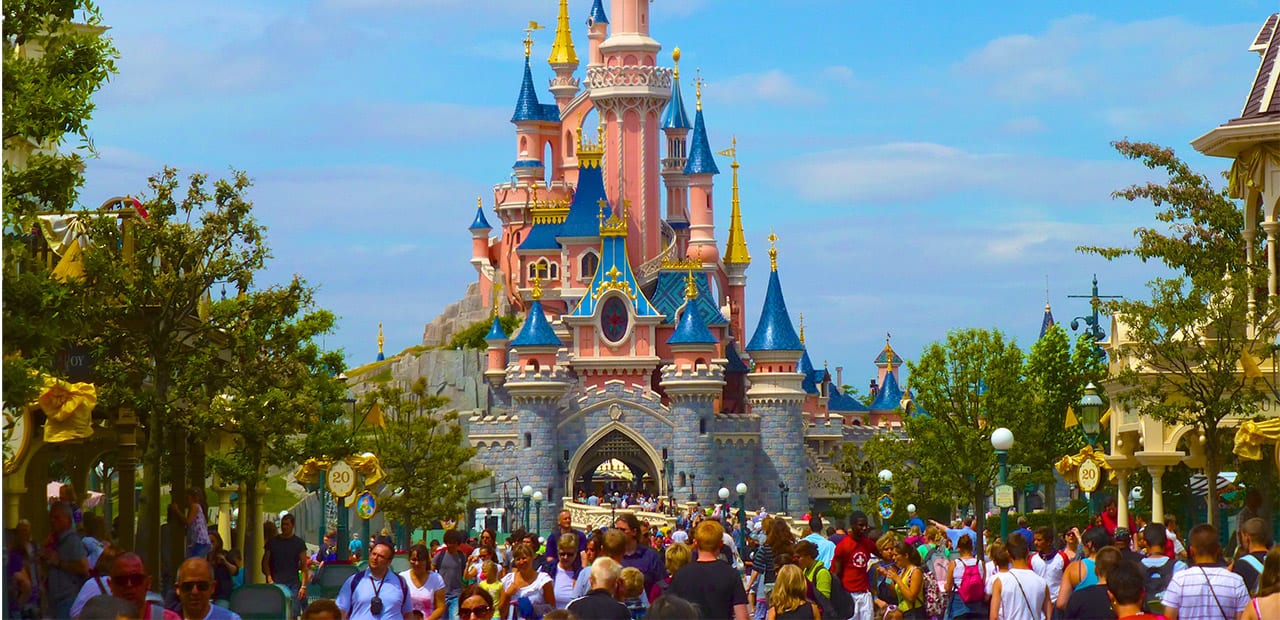One of the most important questions to ask yourself when considering making a move to another country for retirement is whether you’d like to live in a highly touristed area or a place that’s removed from the tourist path. Living in a tourism area can mean big annoyances, but it also has its advantages.First, the downside. Here are six reasons not to retire overseas in a tourist area:
1. Lack of community. Tourism areas don’t have the same community feel as a residential setting. Most of us stand out as foreigners when living abroad. (There’s just no way not to.) Because tourism areas have high numbers of foreigners, you can often feel like you’re being treated as a tourist rather than a local resident who is part of the community.
2. It’s harder to integrate. In tourism areas it can be harder to integrate with the local culture and people. The local residents can place you in the tourist camp rather than the local camp.

3. Higher costs. As an expat living in a tourist area it can be hard to exempt yourself from the pricing practices that tourists usually fall victim to.
4. The Disneyland effect. The tourist areas of any country often don’t reflect the genuine character of that country. Instead you get a caricature of the country this is designed to attract visitors.
5. Tourist annoyances. High tourism areas often come with tourist annoyances, such as a constant stream of vendors, tour guides, scammers and even beggars. Tourist zones are also often the target of local pickpockets and tend to be noisy and crowded. Traffic and parking can be daily aggravations.

On the other hand, high tourism areas also come with benefits that can outweigh the annoyances:
1. Community amenities. Tourism areas usually have a higher than typical density of nice restaurants, cafés and entertainment.
2. Care of infrastructure. Tourist sectors usually have the best maintained roads, sidewalks, trails and beaches. Touristed beach areas, for example, are typically cleaned daily, while local beaches are usually ignored by local authorities.
3. Lack of obvious poverty. Obvious poverty can be a downside in poor countries, but in tourist areas you’ll often see far less of it. One reason is that these areas bring local jobs. As well, local officials often make efforts to keep panhandlers and homeless people away from the high tourist sectors.
4. Better flight connections. Areas with high tourist traffic tend to be more accessible, with frequent flights to nearby airports and good public transportation.
5. Rental income and resale. Many tourist areas offer the opportunity for good rental returns thanks to the increased traffic. They can also provide you with more liquidity at resale time.
6. More English spoken. English is the primary international language, so if it’s the only language you speak, you’ll generally be better off in an area with lots of tourists.

7. More conveniences. Areas with lots of tourists also have lots of tourist conveniences, such as ATMs, bank branches, familiar franchises and North American products.
8. Better construction options. High tourism areas often offer better options for living than the local market would otherwise demand. You’ll find more high end condos that are built to high standards.
9. Great local intrinsic attributes. Tourists don’t come to a place to hang out with other tourists. They come because the area has something interesting or entertaining to offer, such as beautiful beaches, great weather, scenic mountains or historic cities and landmarks. You’ll benefit, as well, from whatever is attracting all the tourists.
Be honest with yourself about the overseas retirement lifestyle that will suit you best. Not everyone is up for learning a new language. Think about whether you are willing to travel some distance for amenities and conveniences or would prefer them on your doorstep.
Also, consider whether you will be using your overseas home full time, part time or as a vacation getaway. If you’re spending one month at a time abroad, you’ll enjoy the tourist area’s amenities and the annoyances won’t have time to wear on you. Longer-term residents might appreciate a non-tourist area’s community feel and local culture long after the novelty of the tourist amenities has worn off.
